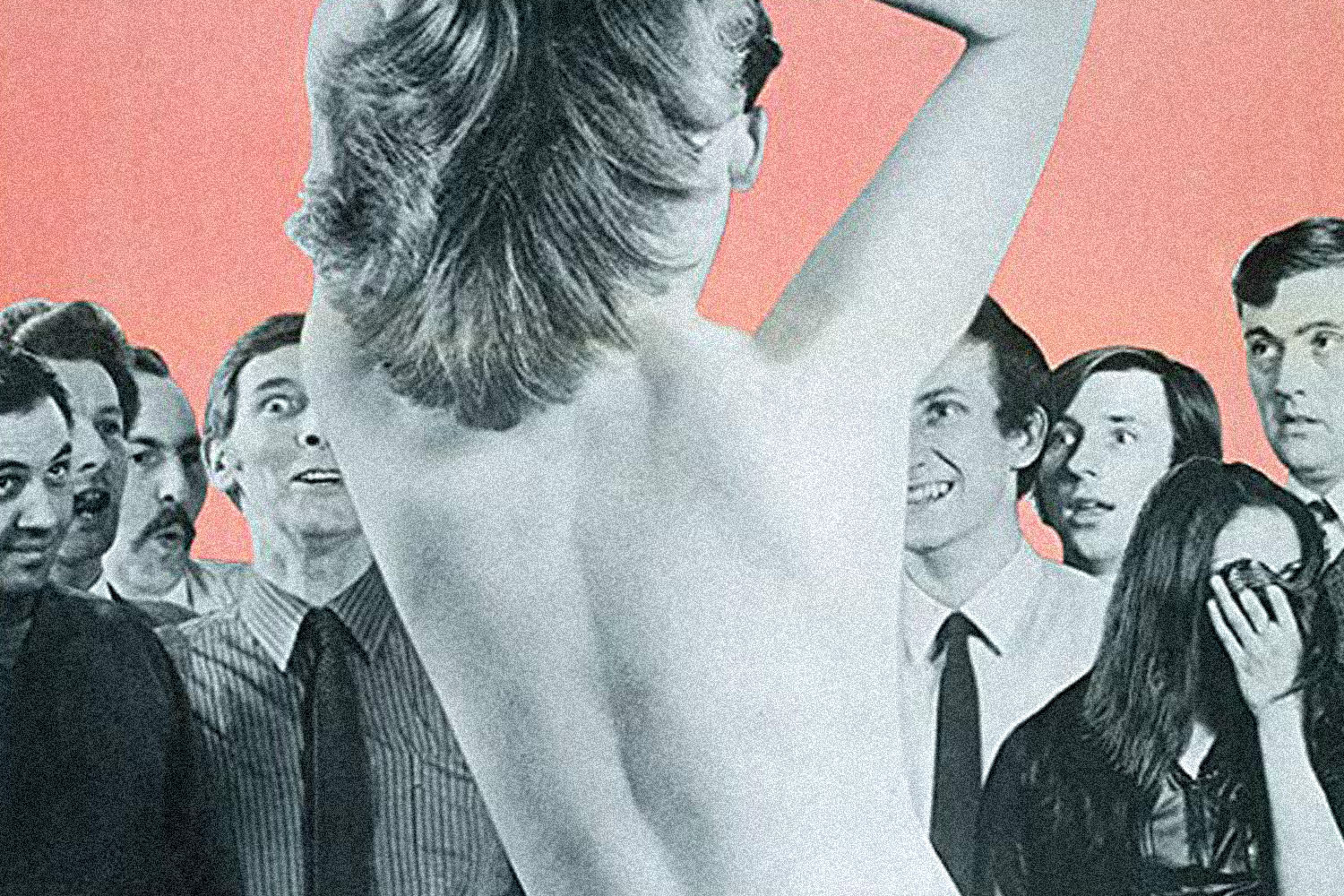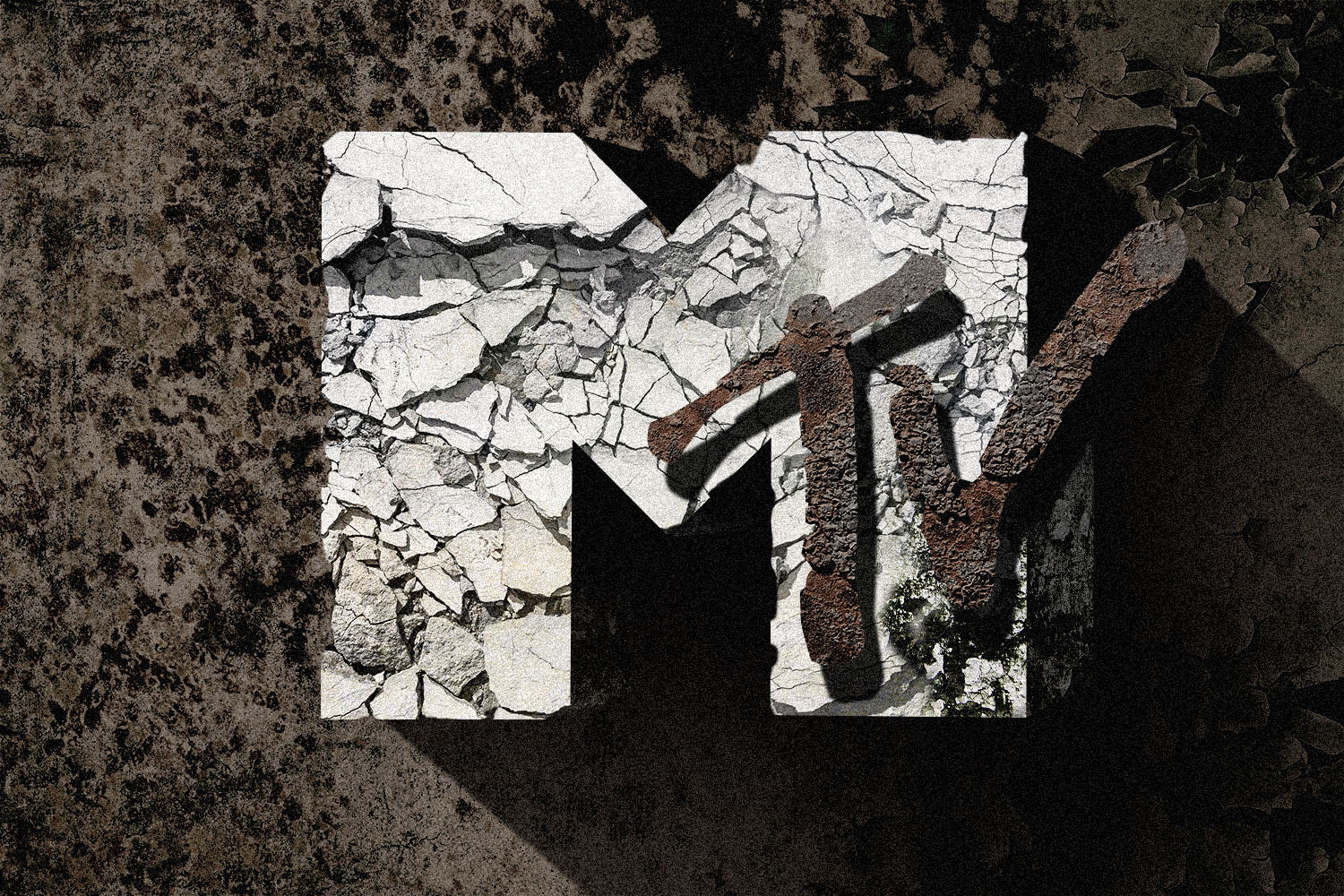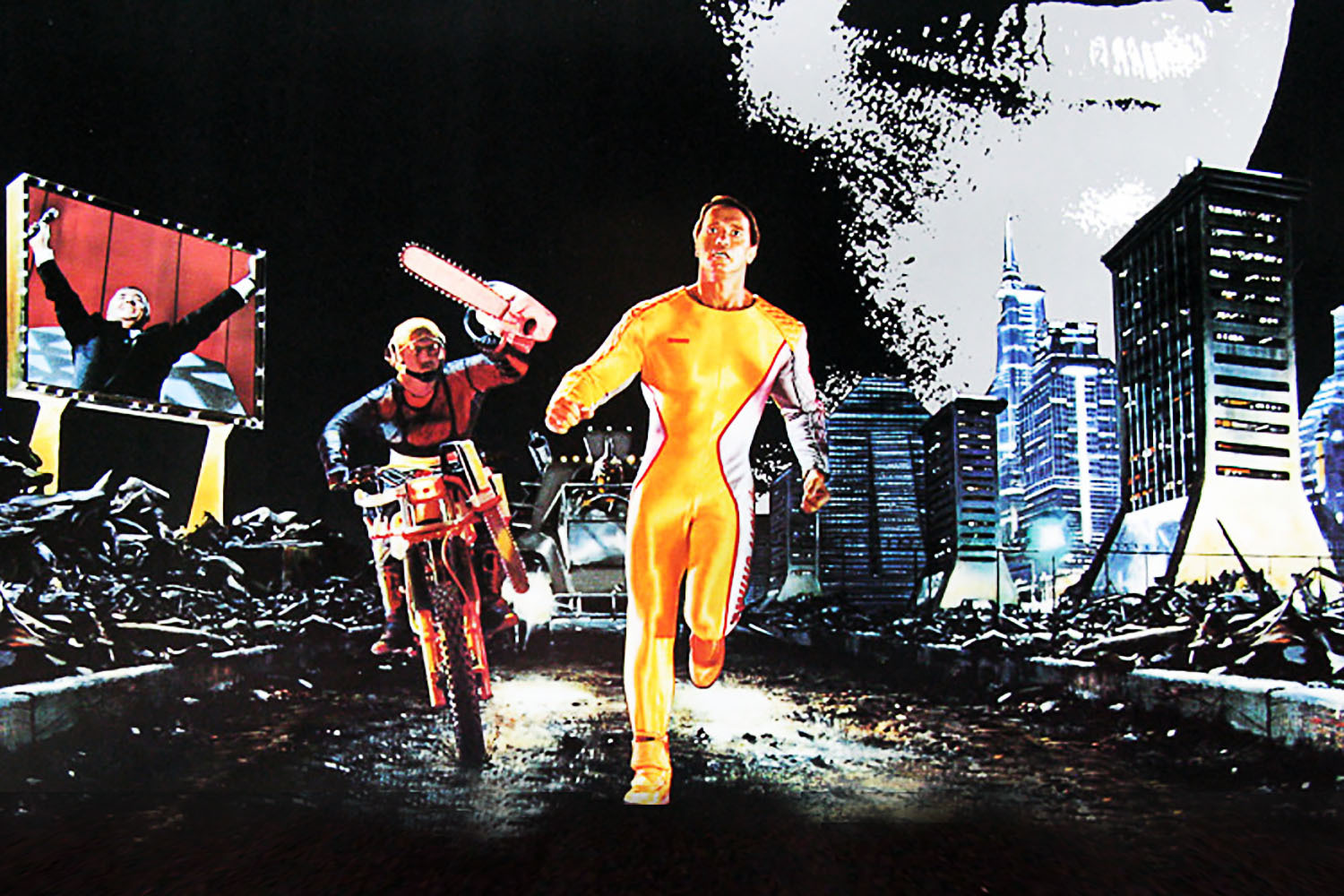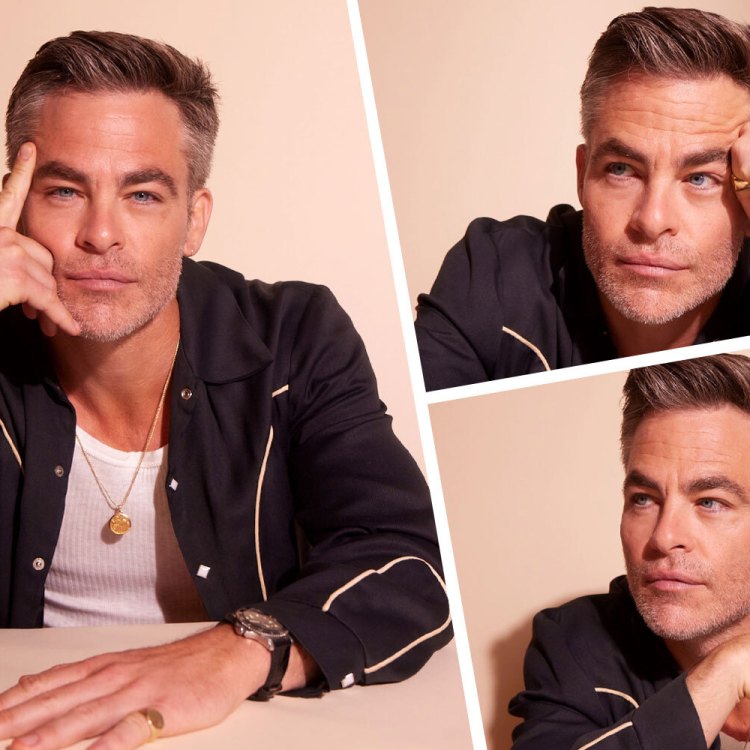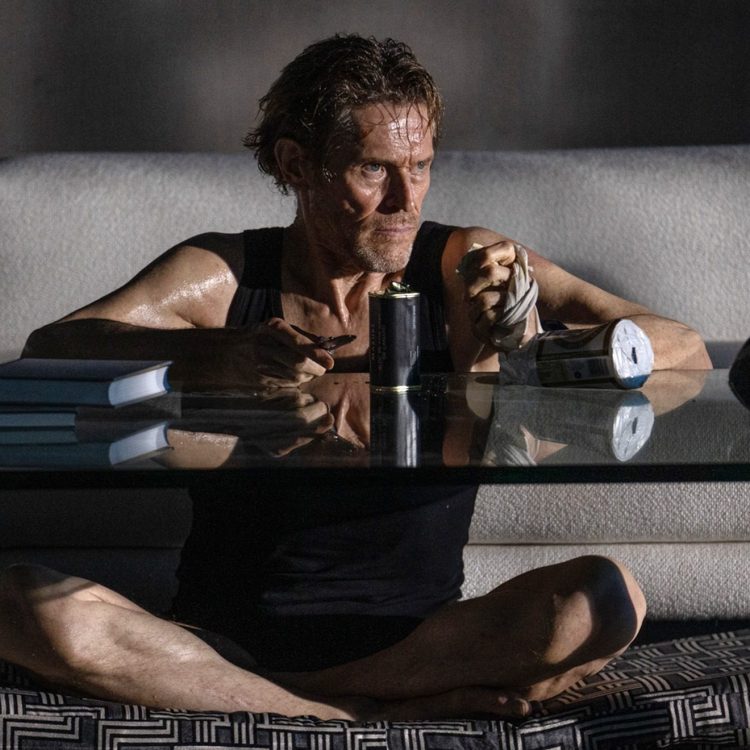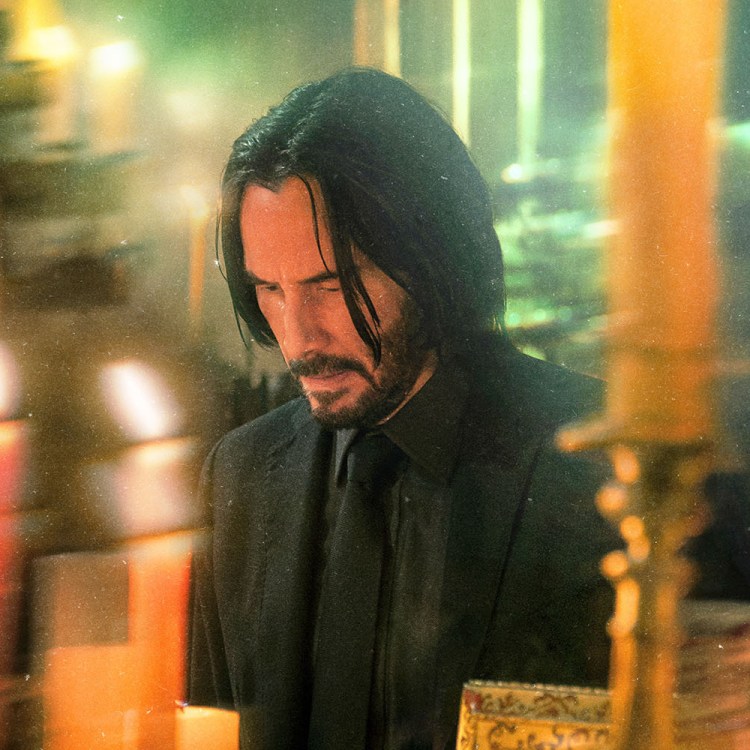It was a Sunday evening in early October of 2000 when Johnny Knoxville made his first on-screen appearance with MTV. Stuffed inside a cartoonish cannon not unlike Wile E. Coyote, he poked his head out the top with a grin so wide even the grainy home footage of the era could see it. “Hi, I’m Johnny Knoxville,” he shouted. “Welcome to Jackass!”
These seven words marked the beginning of a cultural abnormality. On paper, Jackass was nothing more than a crew of troublemaking merrymen partaking in a masochistic craft for the sake of entertainment. By all accounts, a project so deeply rooted in obscenity, immaturity and cringe should have failed. But after the show’s second episode earned MTV its highest Sunday night ratings in history, Jackass cemented itself not as a one-off show, but a genuine pop-culture phenomenon.
After decades of feature films, straight-to-DVD releases, spinoff projects and wannabe copycats, the franchise has received critical acclaim for its commitment to realism. And just as “Jackass Forever” hits theaters with the same dangerous and disgusting maneuvers, it can be said with confidence that there never has been, nor will there ever be, anything quite like it.
The credit for such success owes to a formula perfected by Jackass that remains unchanged since the original television show. While we’ve enjoyed prank series for decades (Candid Camera made its U.S. debut in 1948), Jackass established itself as something entirely different from what we know because its stunts are designed for — and its pain inflicted upon — the same beloved group of the juvenile personalities. In flipping the paradigm from a more cruel, sadistic POV, to an inclusive, collaborative one, the show achieved the apotheosis of that old playground proverb: “We’re not laughing at you, we’re laughing with you.”

Sometimes that means playing tetherball with a beehive, crawling through a room of mousetraps, driving a rental car to a demolition derby or running through a makeshift obstacle course filled with tasers and cattle prongs. Regardless of the antics at play, the same lineup of familiar faces have always been the butt of their own joke, and it’s a recipe for success that can’t fail.
Such a commitment to outrageous moments of pain and humiliation traces its roots to underground skateboarding scenes of the ’90s. Johnny Knoxville, then an aspiring actor, pitched an article to Big Brother magazine that would see him test self-defense equipment on himself, culminating in a stunt that involved shooting himself in the chest while wearing a bulletproof vest. Jeff Tremaine, then an editor at the publication, included the assignment in a VHS tape among segments of similar fare. Years later, Knoxville’s relationship with Tremaine and director Spike Jonze gave birth to the Jackass television show that followed in the footsteps of Big Brother’s anything-goes attitude. Partnering with other daredevils across the country, the show’s success came swiftly. The format has barely changed since.
That’s not to say Jackass isn’t evolving. After all, many of its original cast members are now in their 40s and some are older. With the absence of longtime member Bam Margera, the franchise was bound to include new faces. Jackass Forever features Jasper Dolphin, founding member of the hip-hop collective Odd Future who has since gone on to a slapstick television career; comedian Rachel Wolfson, the franchise’s first female personality; Sean “Poopies” McInerney, who earned his nickname for defacating at a busy intersection at the age of 13; Eric Manaka, who appeared alongside Knoxville and Chris Pontius in the 2018 stunt comedy film Action Point; and Zach Holmes of MTV’s stunt show Too Stupid to Die.
These youthful additions are, in some ways, a testament to Jackass’s longevity. Today’s pop culture climate is governed heavily by cancel culture, unstable definitions of morality and public agendas that flip-flop with the wind. But this series, one that’s built upon resilience in the face of trauma, remains. For over 20 years, Jackass has been one of the greatest pioneers of modern comedy, laying the groundwork for everything from Sacha Baron Cohen’s Borat to the thousands of pranksters thriving on YouTube, Vine, Instagram and now TikTok.
Whether or not the new additions stick around is a matter of speculation, as is the future of Jackass. When asked what would come of the franchise, Knoxville replied that “someone wrote it was the last one, but we never said it was the last one.” And yet, regardless of its future, critics are calling the fourth Jackass installment the best in franchise history. Its $23.5M opening was a top performer at the box office and 67% of its business came from the 18-34 age range, which suggests the brand is getting younger.
The year is 2022 and the world is a differently place that it was when Johnny Knoxville launched himself out of a cannon for a few laughs. But as the franchise’s latest title suggests, Jackass is indeed forever.
This article was featured in the InsideHook newsletter. Sign up now.

